What is Retinol?
Retinol is a multitasking skin-care product that can work in many ways- treating acne, reducing fine lines and wrinkles, improving overall skin texture, decreasing pore size, and more! There are many terms out there surrounding retinol, so let’s clarify those and then learn what retinol really is and why it is a fan favorite.
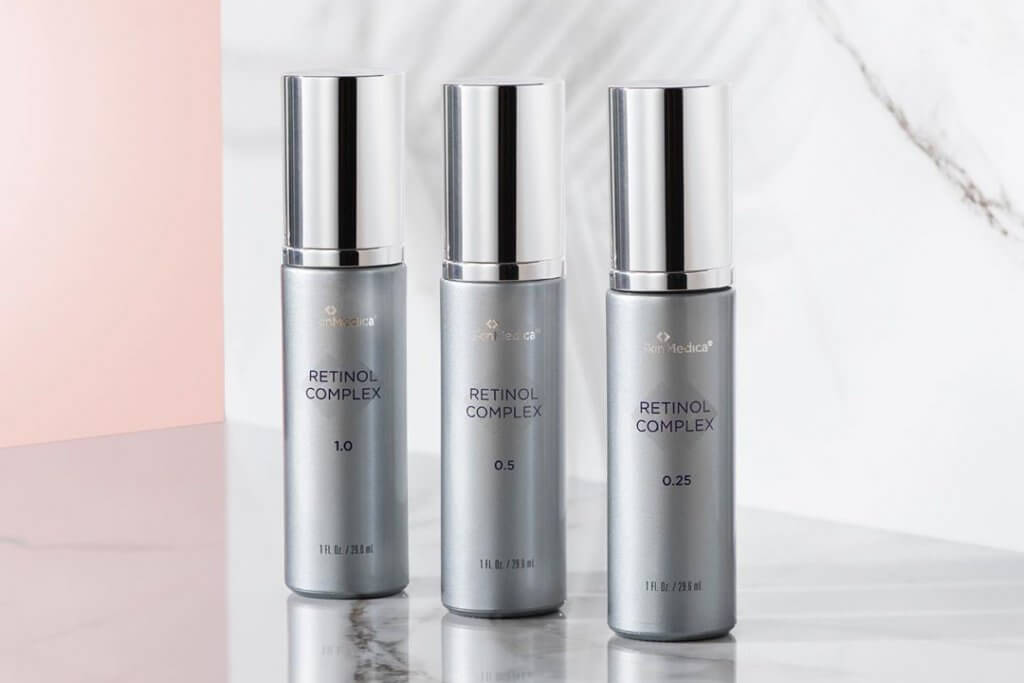
RETINOL VS. RETINOID
Retinoid is a term for products containing Vitamin A derivatives. There are many different types of retinoids that you may have heard of before- retinol, retinyl palmitate, retinyl acetate, adapalene (better known as Differen), retinoic acid (better known as retin-A or tretinoin), and Isotretinoin (known as Accutane). These are all different retinoids. Retinol is a type of retinoid, along with all these other retinoid types.
Retinoids are available over the counter in formulas up to 2%. Higher than that, a prescription is required. A retinol is often considered a less-intense or less-potent version of a retinoid, which makes it more accessible for skin care routines.
HOW DOES RETINOL WORK?
Now that we know that retinol is a type of retinoid, we can look at what it actually is. It is derived from Vitamin A, which is a powerful antioxidant in skin care products. It works to increase collagen production in your skin and increase the rate of skin cell turnover. These processes unclog pores and keep your skin clear and refreshed, which helps in fighting acne and blemishes. Retinoids were actually first discovered as a treatment for acne, and it wasn’t until later when it became known as a key in anti-aging.
Retinol is able to penetrate into your skin and neutralize free radicals, which are responsible for premature skin aging, and boost the production of collagen and elastin. When we age, our collagen production starts to decline, so retinol works to boost production and keep your skin looking young. That production of collagen has a plumping effect in your skin, thickening it and diminishing fine lines and wrinkles, which is why it is highly regarded as an anti-aging product.
WHAT DO YOU USE IT FOR?
Retinol is primarily used for treating these skin conditions-
- Acne
- Fine lines and wrinkles
- Hyperpigmentation
- Melasma
- Age spots
- Sun damage
- Large pores
HOW DO YOU USE RETINOL?
We like to say start low and slow with retinols. If you have never used a retinol before, it is best to start with Retinol 0.25 and work your way up to Retinol 0.5 and then Retinol 1.0 as your skin adjusts to the product. Using it too often and starting with too strong of a retinol can cause your skin to become irritated, red, and very dry. Start with using a retinol in the evening every few days, and if your skin is doing well with it, increase the frequency/strength from there. A good goal is to get to using a retinol however many days per week per your decade. For example if you are in your 40’s, try to use retinol 4 times a week, in your 50’s try for 5 times a week and so on.
WHAT ARE SIDE EFFECTS OF RETINOL?
Just like any product, there may be some side effects of using retinol. Mild redness, peeling, and irritation can be expected with this product. Your results will be dependent on your skin type and the strength of retinol you are using. If you start with a high concentration or too often, these side effects will be more pronounced. Let your skin adjust to the retinol slowly. Retinol is highly researched and a safe product to use, but side effects of redness, peeling, irritation, burning, increased sensitivity to the sun, and itchy skin may occur.
SHOP RETINOLS:
-
Product on sale
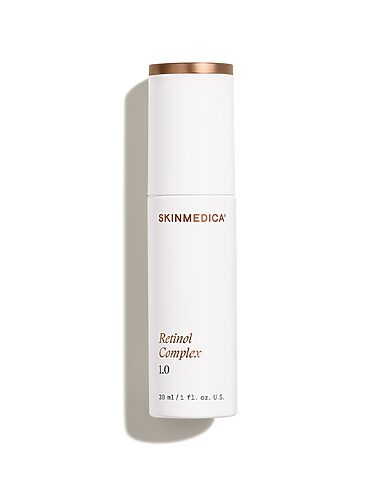 SkinMedica Retinol Complex 1.0
SkinMedica Retinol Complex 1.0$93.00See sale price in cart or just $74.40 with a subscription -
Product on sale
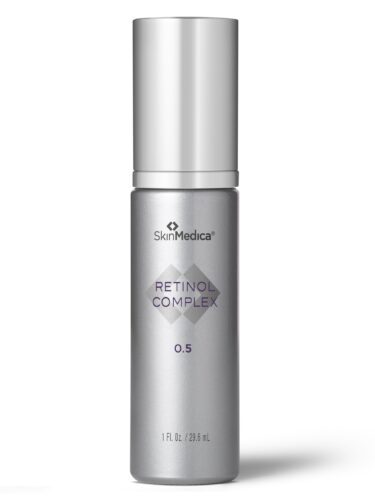 SkinMedica Retinol Complex 0.5
SkinMedica Retinol Complex 0.5$78.00See sale price in cart or just $62.40 with a subscription -
Product on sale
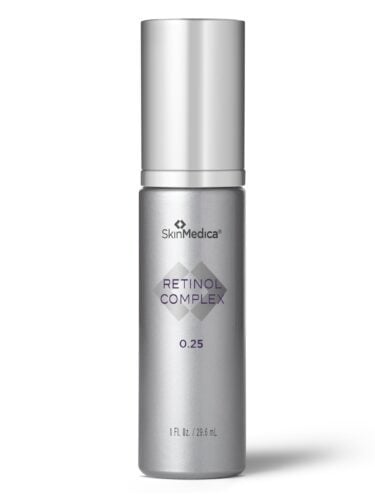 SkinMedica Retinol Complex 0.25
SkinMedica Retinol Complex 0.25$62.00See sale price in cart or just $49.60 with a subscription


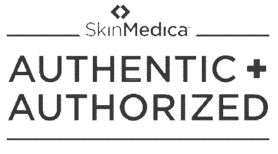

Comments are closed